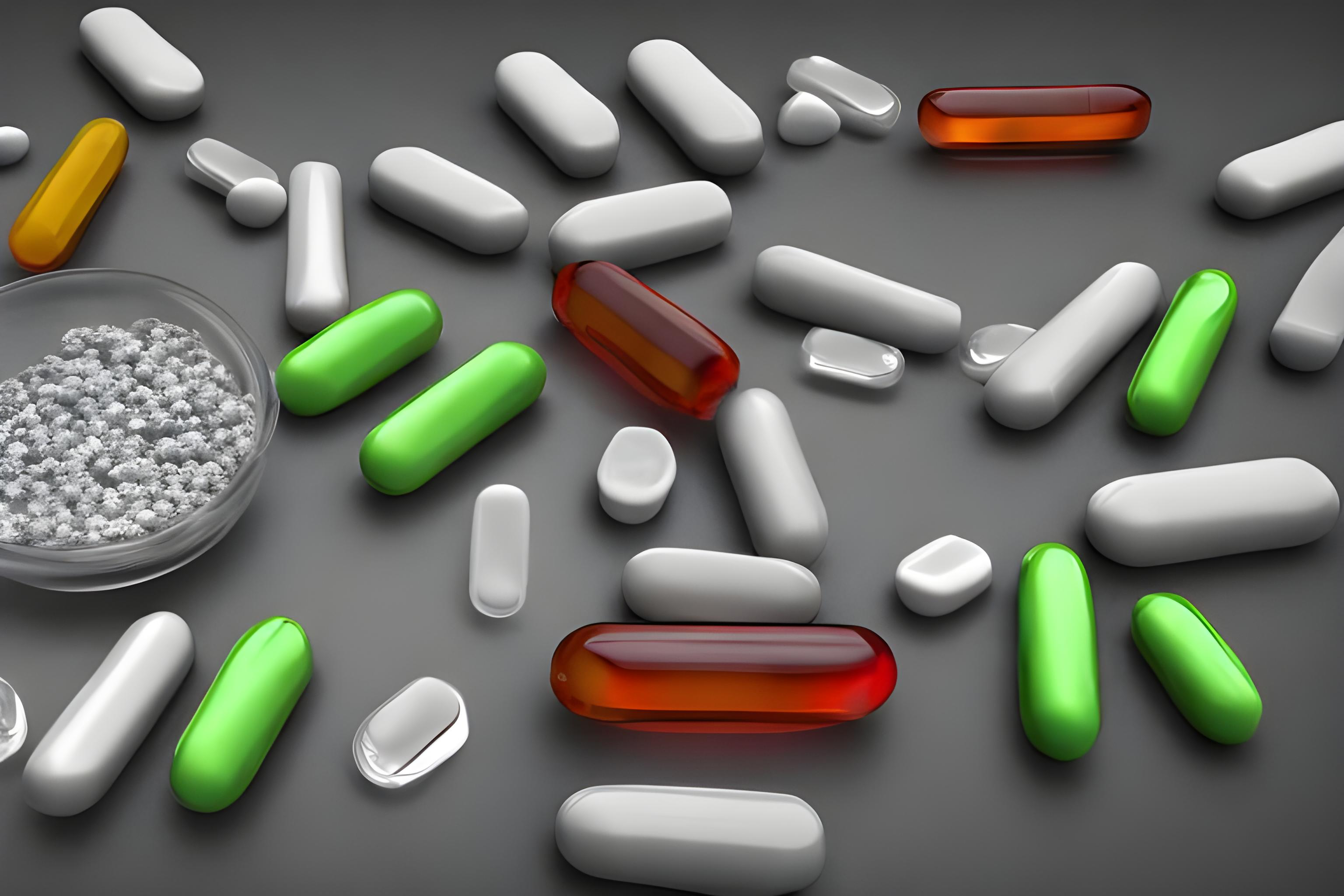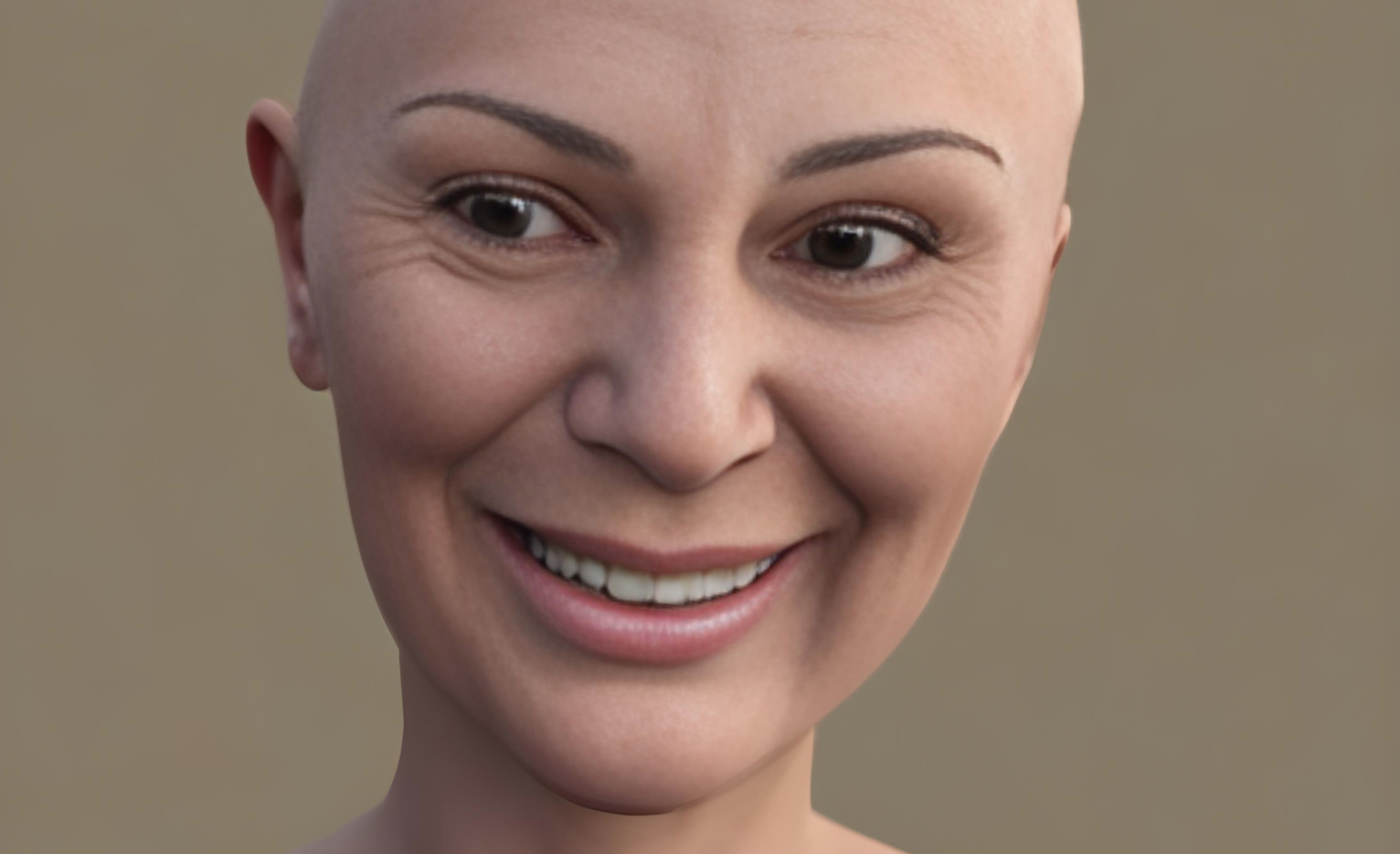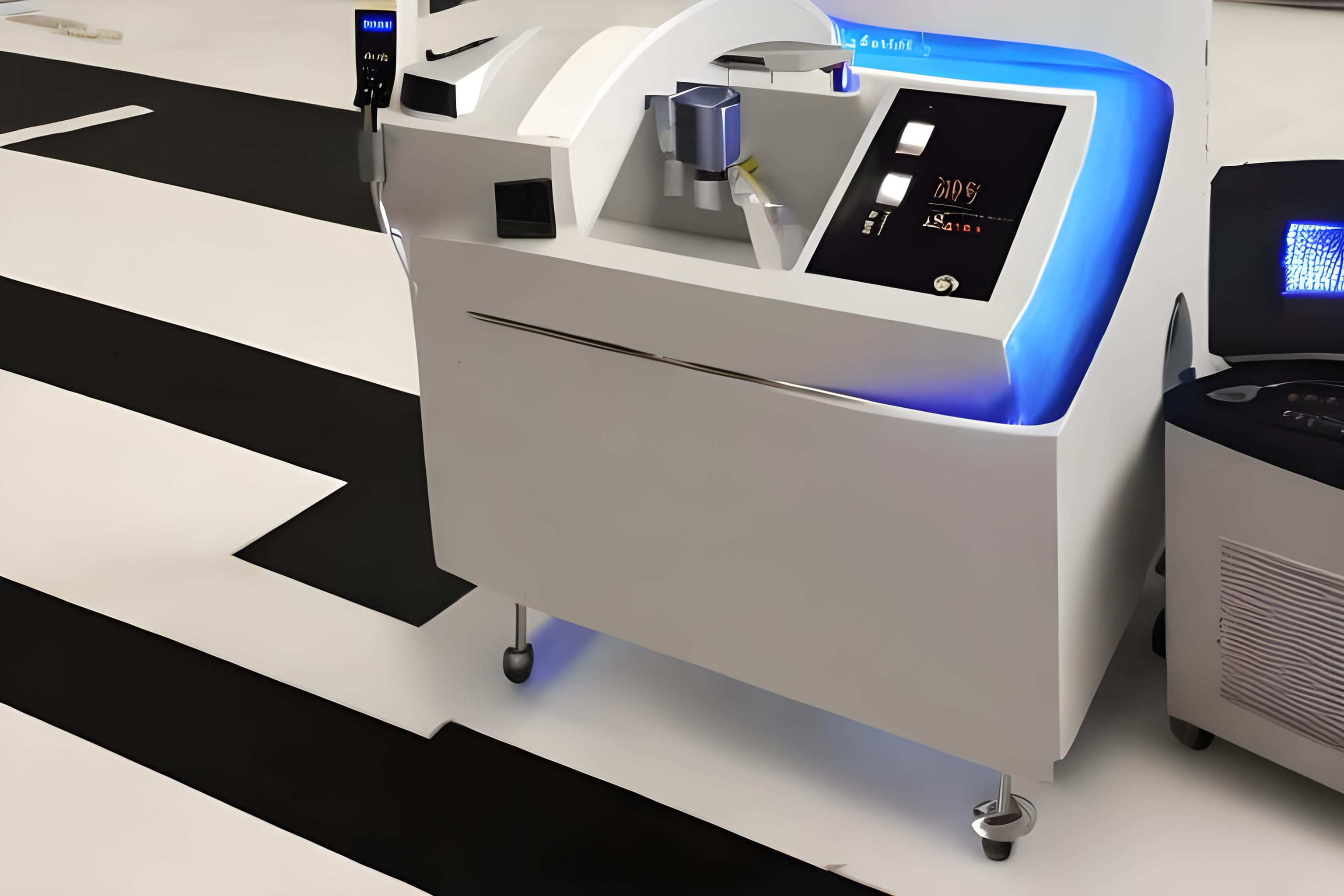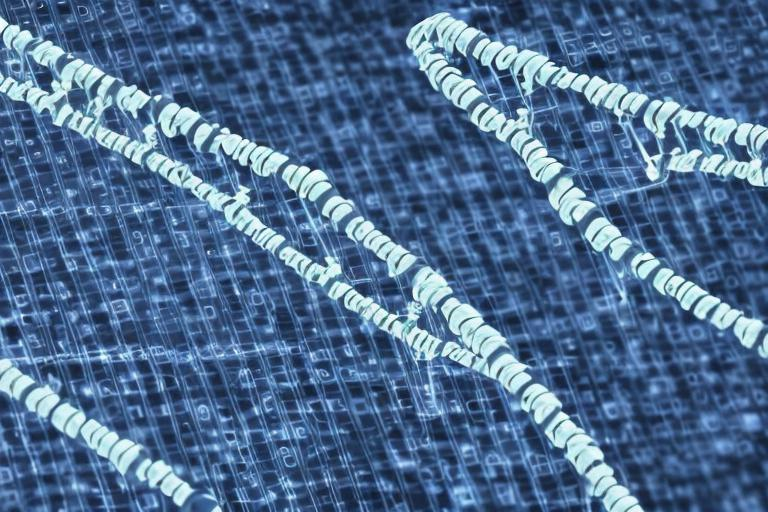
Hormone therapy in oncology contrary to what we imagine is not to take hormones, but on the contrary to have an anti-hormonal treatment.
The two main indications are hormone-dependent breast cancer and prostate cancer.
Some breast cancers are hormone dependent. It means that the tumor cells express estrogen and progesterone receptors. These hormones are considered growth factors and promote tumor development. How? Hormones binding to receptors will activate the cell, and create enzyme activation cascades that will drive the cell cycle.
The treatment is in tablet form, the molecule will not be the same whether the patient is menopausal or not.
The treatment is generally started after surgery followed more or less by chemotherapy and/or radiotherapy and the duration is 5 years.
Postmenopausal patients have as a treatment an aromatase inhibitor while premenopausal patients have tamoxifen.
Hormone therapy is proposed with cdk4-6 inhibitors as first-line treatment in cancers with metastatic and her2-negative hormone-dependent breast cancer.
In prostate cancer, hormone therapy is anti-androgens, and the goal is to lower blood testosterone levels. The treatment is generally in the form of an injection every 3 to 6 months: These are LHRH agonists. Testosterone is indeed a hormone that promotes the development and multiplication of prostate cancer tumor cells. In the case of localized cancer with an intermediate or aggressive prognosis, hormone therapy can be offered for a minimum of 6 months to 18 months, combined with radiotherapy. In the case of metastatic prostate cancer, anti-hormonal treatment will be prolonged and either combined with second-generation hormone therapy and/or chemotherapy.



